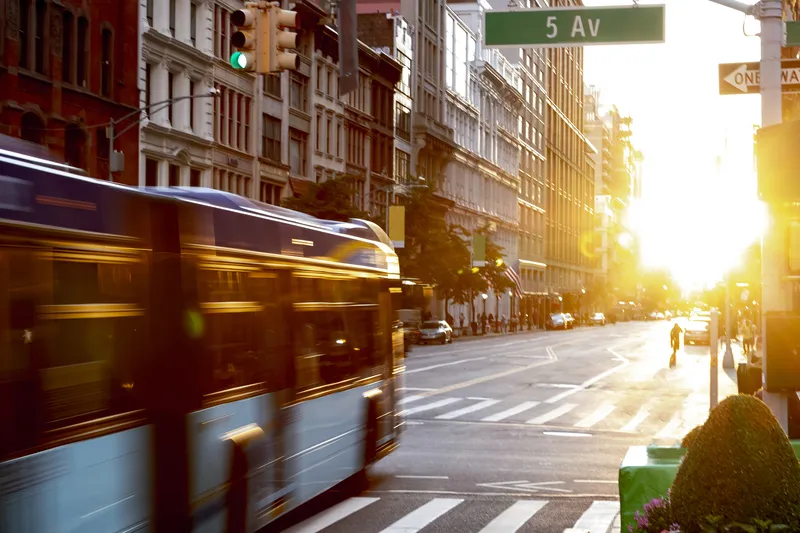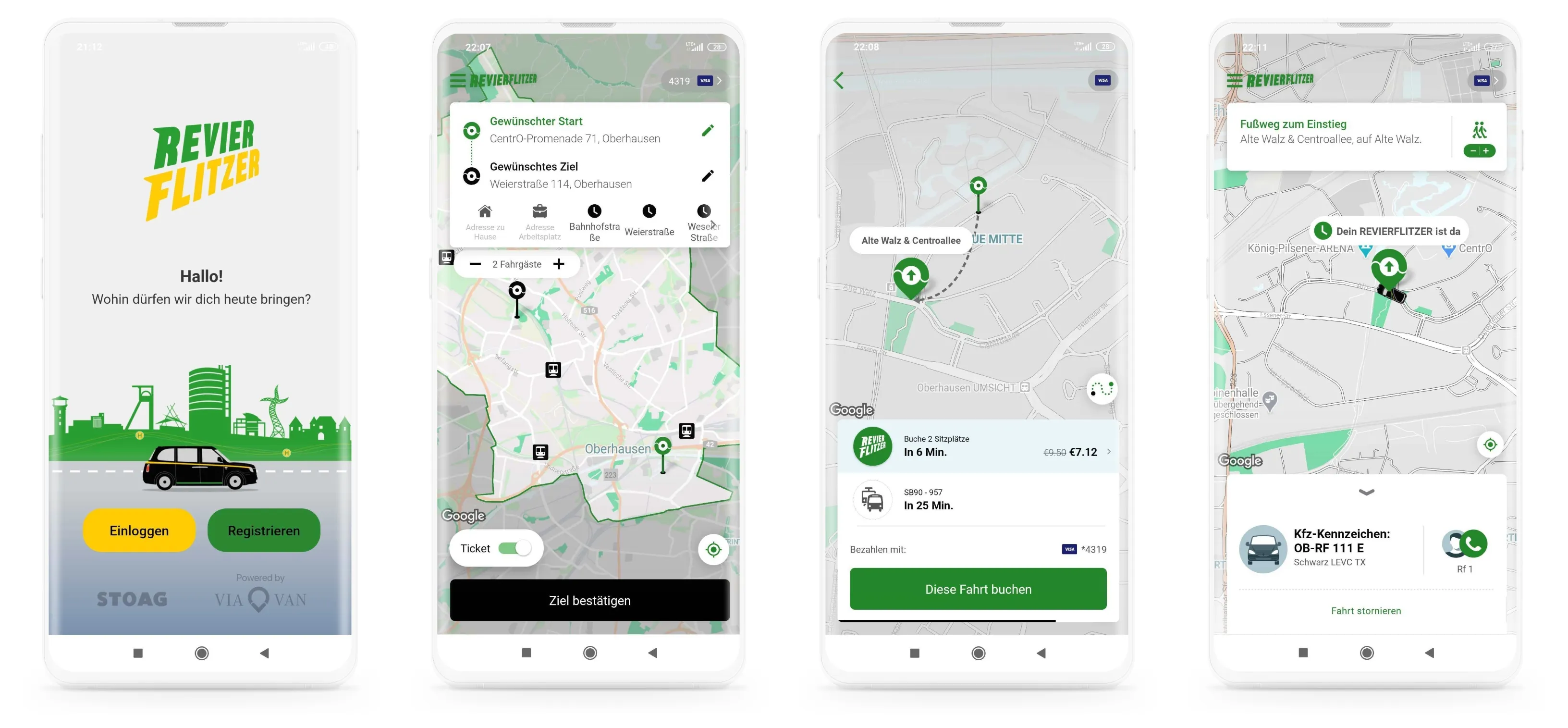Motor Coach Industries (MCI), a subsidiary of bus maker New Flyer, will deploy 182 commuter coaches to New Jersey transportation company NJ Transit for the third year of a six-year agreement. MCI says the fleet will provide a safe, reliable and cost-effective service to passengers. The order for MCI’s clean diesel coaches was valued $93m. Each vehicle has 57 seats, Wi-Fi availability and seatbelts. Production of the new coaches will begin in September.
May 15, 2018
Read time: 1 min
Motor Coach Industries (MCI), a subsidiary of bus maker New Flyer, will deploy 182 commuter coaches to New Jersey transportation company NJ Transit for the third year of a six-year agreement. MCI says the fleet will provide a safe, reliable and cost-effective service to passengers.
The order for MCI’s clean diesel coaches was valued $93m. Each vehicle has 57 seats, Wi-Fi availability and seatbelts. Production of the new coaches will begin in September.








